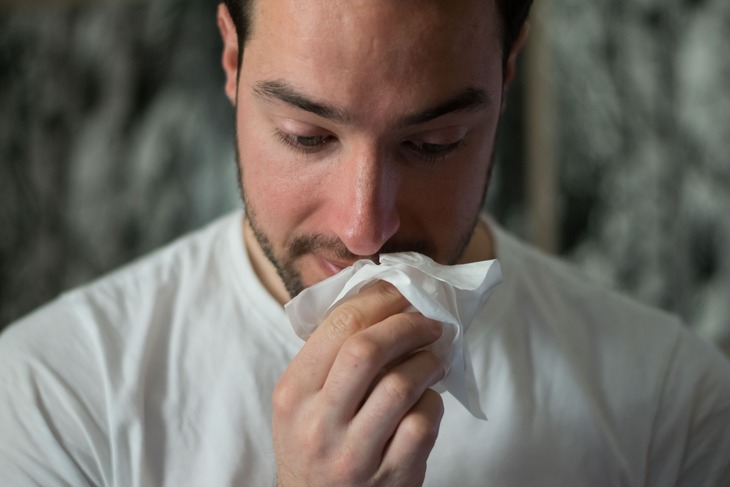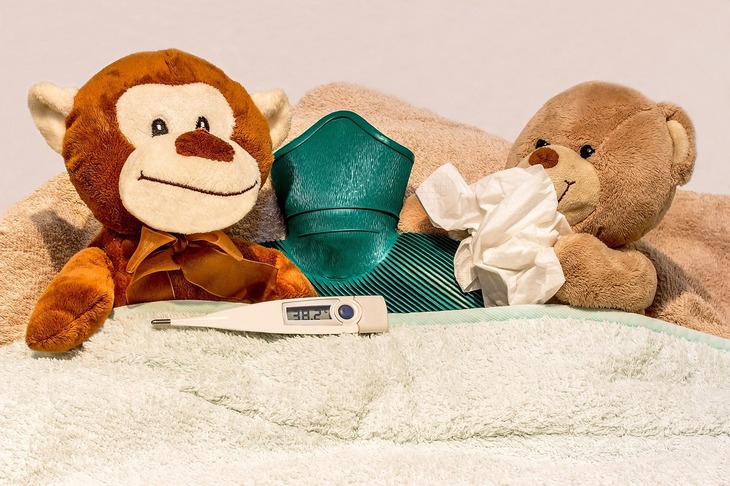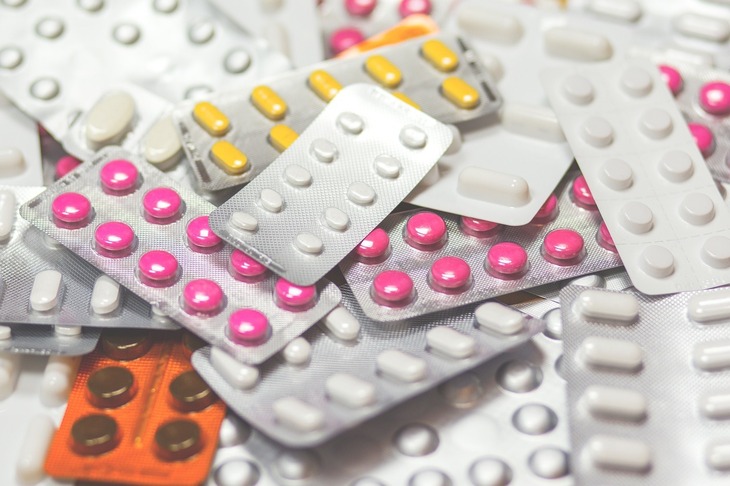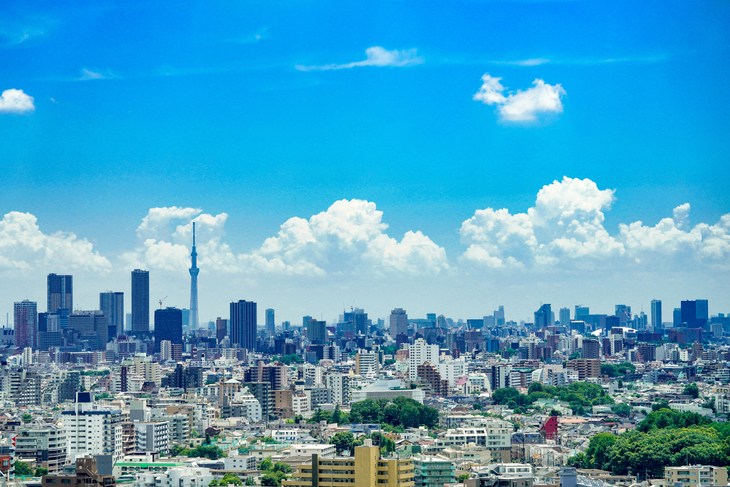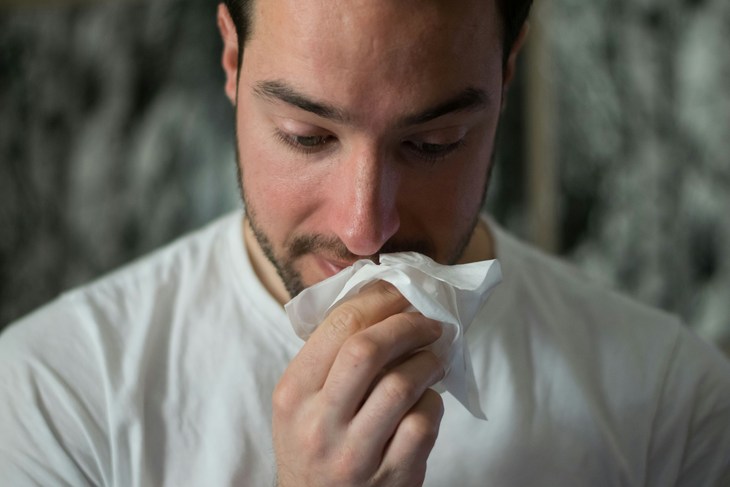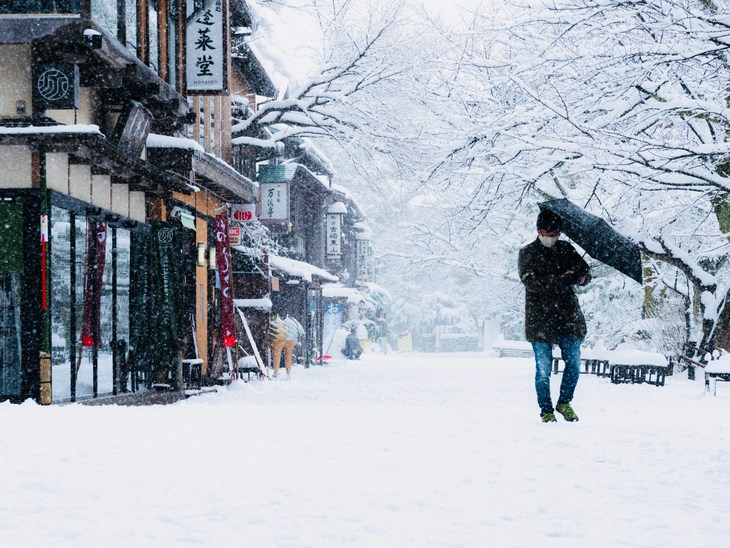What to Do When You Catch a Cold in Japan
It's never fun to be sick, especially when you're traveling or living in a different country where you may not be able to speak the language. If you're in Japan and you suddenly catch a cold, going to the doctor or pharmacy can be very intimidating if you can't speak or read Japanese.
To help make being sick in Japan as painless as possible, let's take a look at some of the best over-the-counter cold medicines to buy, natural remedies, when you should visit a doctor, and how to find an English-speaking doctor in Japan.
The Best OTC Medicines in Japan
If you are just a little sick and don't feel like you need to see a doctor, there are tons of over-the-counter medicines you can find at drugstores across Japan. We'll give you each medicine written in both English and Japanese, so if you can't find one, ask a pharmacist to help you look for it!
Note that to buy some of the stronger medicines on this list, such as Loxonin, you generally have to speak with a pharmacist first. They'll ask you a couple of quick questions about your symptoms before letting you buy the medicine. Here are some useful phrases you could use to explain your symptoms:
「頭が痛いです」(Atama ga itai desu): I have a headache.
「熱があります」(Netsu ga arimasu): I have a fever.
If you have certain allergies or dietary restrictions, you may need to be more careful when buying OTC medicine in Japan. Some medicines may contain lactose, gelatin, or colorants that could trigger allergies. If you have any allergies or dietary restrictions that could affect what medicine you can take, try to translate them to Japanese and bring them on a card or in a note on your phone to show the pharmacist at the drug store. With that information, they should be able to help you find medicine that you will be able to take safely.
The Best Fever & Pain Medicines:
Here are some fever medicine options, which also work well for headaches and other pain caused by inflammation.
・Loxonin S|ロキソニン S:
A strong medicine that contains the same ingredients as the prescription version of Loxonin, this Loxoprofen-based medicine is perhaps the strongest of the ones available and provides rapid relief for fever and pain symptoms. It also doesn't contain any ingredients that will make you drowsy, so you won't have to worry about feeling sleepy if you take it. While it is available over-the-counter, some drugstores may require you to talk to the pharmacist on duty before buying it.
・Tylenol A|タイレノールA:
This is the same Tylenol that you'll find in many countries around the world, including the US and Canada. These acetaminophen tablets work great for fever and headaches. It's worth noting that one Japanese Tylenol tablet contains 300mg of acetaminophen, whereas in countries like the US, the dosage is sometimes higher.
・EVE A|イブA:
This is a very popular ibuprofen-based medicine that you'll find in any drugstore. There are many different varieties of EVE A, some of which are stronger or faster-acting than the regular version. Any version of EVE A will provide effective relief for your fever.
Medicine for Sneezing & Runny Noses
Here's our recommendation for a great medicine that will help keep your nose clear and easy to breathe through.
・Shin LuLu A Gold DXa|新ルルAゴールドDXα:
This is a general-purpose cold medicine, but it also contains antihistamines and Belladonna total alkaloids, which target the symptoms of runny noses and sneezing and will therefore provide long-lasting relief. This medicine also provides great relief for coughing and has acetaminophen as an active ingredient, meaning it'll also help with fever, headaches, and other pains (though it won't be as effective as medicines like Loxonin or EVE A). It is also safe for children ages 7 and up to take, making it a great general-purpose cold medicine to have on hand in case you or someone else in your family gets sick.
Soothe Your Sore Throat with These Medicines
Here are two sore throat medicine recommendations.
・Shin Jikinin Granules|新ジキニン顆粒:
This medicine contains acetaminophen, licorice, and other active ingredients which help soothe sore throats. It usually comes as granules in a packet that you have to swallow by taking with water, which depending on where in the world you are from may be a new experience. It's not uncommon for medicines in Japan to come in granule or powder form packaged in packets, and while they may seem different or hard to take at first, they usually act fast since they can dissolve quickly in your body, making them quite effective relief for your cold symptoms.
・PELACK T|ペラックT錠:
This medicine is specifically designed to target sore throats, so if that is your only symptom then this medicine may be the right choice for you to pick up at a drug store. It doesn't contain any ingredients that cause drowsiness, meaning you'll be able to continue on with your day without feeling sleepy, and also includes 3 kinds of vitamins. It can be taken by kids aged 7 and older, so like 新ルルAゴールドDXα it's a great medicine to have on hand if you have kids.
Speaking of children...
Japanese Medicine for Children
Knowing what medicine is safe for your kids and what medicine isn't can be really challenging when you're in Japan, since if you can't read the packaging easily then you might not even be able to tell if the medicine is recommended for children or not.
Generally speaking, if you see a medicine in a drugstore labeled Junior (or Jr.) or "for Children (こども)" is safe for kids to take. These medicines will also usually have packaging covered in cute characters. Many children's medicines in Japan include acetaminophen, so you can always look for cold medicine with acetaminophen labeled "for children."
Be sure to avoid any medicine with anti-inflammatory ingredients like NSAIDs (including ibuprofen or loxoprofen) or codeine-related products. These usually aren't safe for kids until they're older.
・Chewable Bufferin for Children|小児用バファリンチュアブル:
This medicine can be taken by kids aged 3 to 15 and is great for fevers and headaches since it contains acetaminophen. They're chewable tablets, making it easy for kids to take.
・Chocola BB Mouth Ulcer Repair Shot|チョコラBB口内炎リペアショット:
This sore throat medicine is a throat spray that especially helps if the sore throat is caused by throat inflammation. While the name of the medicine translated to English includes "mouth ulcer," don't let that scare you away from it. You can use this medicine no matter what kind of sore throat your child has.
・Kid's Bufferin Syrup S|キッズバファリンシロップS:
This medicine is great for fevers and runny noses, making it a good all-round cold medicine for kids. It's strawberry-flavored and caffeine-free, meaning that it should be relatively easy to give it to your kids and have them drink it. Other versions of Kid's Bufferin Syrup specifically target different symptoms, such as coughs. While this medicine is recommended for children ages 3 and up, you may be able to give it to your child if they are younger than 3 if your doctor recommends it.
・Pabron Kid's Cold Tablets|パブロンキッズかぜ錠:
These cold tablets are excellent all-around cold medicine for kids, containing acetaminophen, cough suppressants, and antihistamines to help with other cold symptoms. If you just want to keep one cold medicine for your kids on hand at all times, then this one could be best for you.
Natural Remedies & Traditional Japanese Medicine
In addition to OTC medicines, there are many traditional or herbal medicines, known as kampo-yaku (漢方薬), that Japanese people take when they feel sick. These medicines can usually be purchased at drugstores. A couple of popular ones include:
・葛根湯 (Kakkontō): A well-known herbal medicine used at the first sign of a cold to relieve symptoms like muscle pain and chills.
・小柴胡湯 (Shōsaikoto): Another herbal remedy that is commonly used to treat cold symptoms such as sore throat and fatigue.
When Should You Go See a Doctor?
While OTC medicine can help relieve mild cold symptoms, there are times when visiting a doctor is the smarter choice.
If you have a fever that lasts for a few days and won't go down, are taking OTC medications but symptoms don't improve, or begin to have severe chest pain, have difficulty breathing, or have a severe sore throat, go to a doctor. Even if you don't have these serious symptoms, don't be afraid to go to the doctor if it will help you feel less stressed.
If you do not speak Japanese, do not worry! There are many resources available to help you find an English-speaking doctor in your area, including "Japan Healthcare Info," a website that helps foreigners find English-speaking doctors.
And if you have questions about the Japanese healthcare system, including any questions about health insurance, we have a whole article dedicated to that subject.














